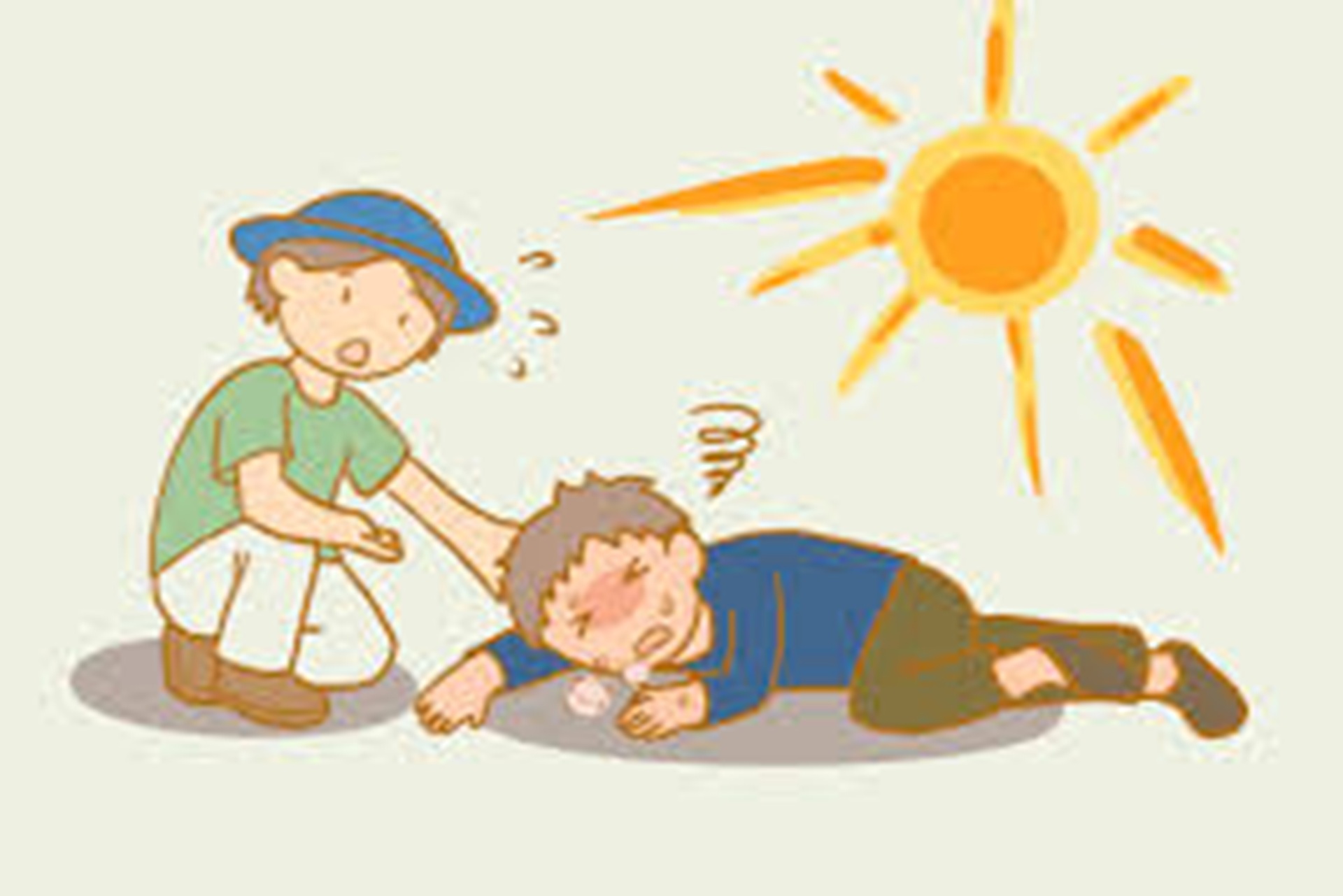
Overview:
Heat stroke is a serious and potentially life-threatening condition that occurs when the body’s temperature regulation system fails, causing the body temperature to rise to dangerously high levels (above 104°F or 40°C). It is typically caused by prolonged exposure to high temperatures, especially in combination with dehydration. Heat stroke requires immediate medical attention to prevent complications such as organ damage or death.
Causes:
Heat stroke can occur due to prolonged exposure to high environmental temperatures, particularly in hot, humid conditions. It is commonly seen in individuals engaged in vigorous physical activity, such as athletes, construction workers, or those with pre-existing health conditions. Dehydration, wearing heavy clothing, and certain medications can also increase the risk.
Symptoms:
Symptoms of heat stroke include high body temperature, confusion, disorientation, hot and dry skin (without sweating), rapid pulse, nausea, vomiting, dizziness, and even unconsciousness. In severe cases, heat stroke can lead to organ failure, seizures, or death if not treated promptly.
Treatment:
Immediate treatment for heat stroke includes cooling the body down as quickly as possible. This may involve moving the person to a cool environment, applying cool (but not cold) water to the skin, and using fans or ice packs. Intravenous fluids may be given to rehydrate the person and stabilize body temperature. In severe cases, medical professionals may use advanced cooling techniques. Immediate medical attention is critical.
Precautions:
To prevent heat stroke, it is essential to stay hydrated, take frequent breaks when working or exercising in hot weather, and avoid strenuous activities during peak heat. Wearing lightweight, light-colored clothing and using sunscreen can also help minimize the risk. People with chronic conditions like heart disease, diabetes, or obesity should take extra care in the heat.
Prevention:
Staying hydrated, avoiding prolonged exposure to hot environments, and taking frequent breaks in the shade are key preventive measures. If engaging in physical activity, it’s essential to acclimate to heat and avoid overexertion. Wearing appropriate clothing and using cooling techniques can also help prevent heat-related illness.
For expert care in managing heat stroke, visit The KDM Hospital in Lucknow, offering ambulance services, budget-friendly care, Ayushman card acceptance, and 24/7 doctor availability.
